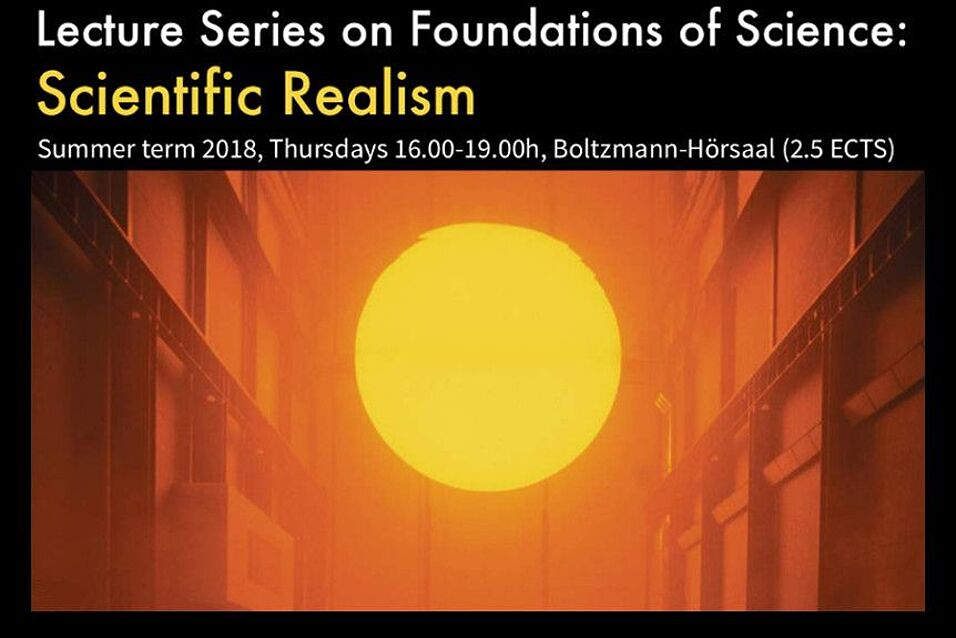The standard narrative in the historiography on Logical Empiricism is dominated by the convergence of modern formal logic and the empiricist tradition in European philosophy. The proclaimed “linguistic turn” in philosophy (Moritz Schlick) was inspired by Wittgenstein and accompanied by the characterization of realism as a metaphysical pseudo-problem (Rudolf Carnap). This caused an ongoing debate on protocol sentences and on scientific realism till the “semantic turn”, mostly as critical realism and structural realism within the movement of Logical Empiricism since the beginning of the 1920s emerging from the neo-Kantian context. Within the Vienna Circle we may illustrate this hidden development from Schlick’s General Theory of Knowledge (1918/1925) to “Positivism and Realism” (1932), Viktor Kraft’s “constructive empiricism”, and Herbert Feigl’s claim for an “empirical realism” in the tradition of Boltzmann and Einstein. This was shared by Karl Popper, and by the young Paul Feyerabend, with his lifelong adherence to an anti-linguistic realism as “objective knowledge” at the periphery of the Vienna Circle.
Outside Vienna Hans Reichenbach in Berlin, Alfred Tarski in Warsaw, and Eino Kaila in Helsinki are typical representatives for realistic philosophies (of science) and structural realism. Given this diversity it appears that the complex phenomenon of Logical Empiricism can be reconstructed as a manifestation of scientific pluralism within the frame of scientific philosophy and the empiricist unity of science movement, still discussed in today’s philosophy of science.
This talk is part of a Lecture series on foundations of physics: scientific realism (260020 VO, 2.5 ECTS, ufind.univie.ac.at/en/course.html) organised by the students of natural science of the University of Vienna (see naturwissenschaftscafe.wordpress.com)

